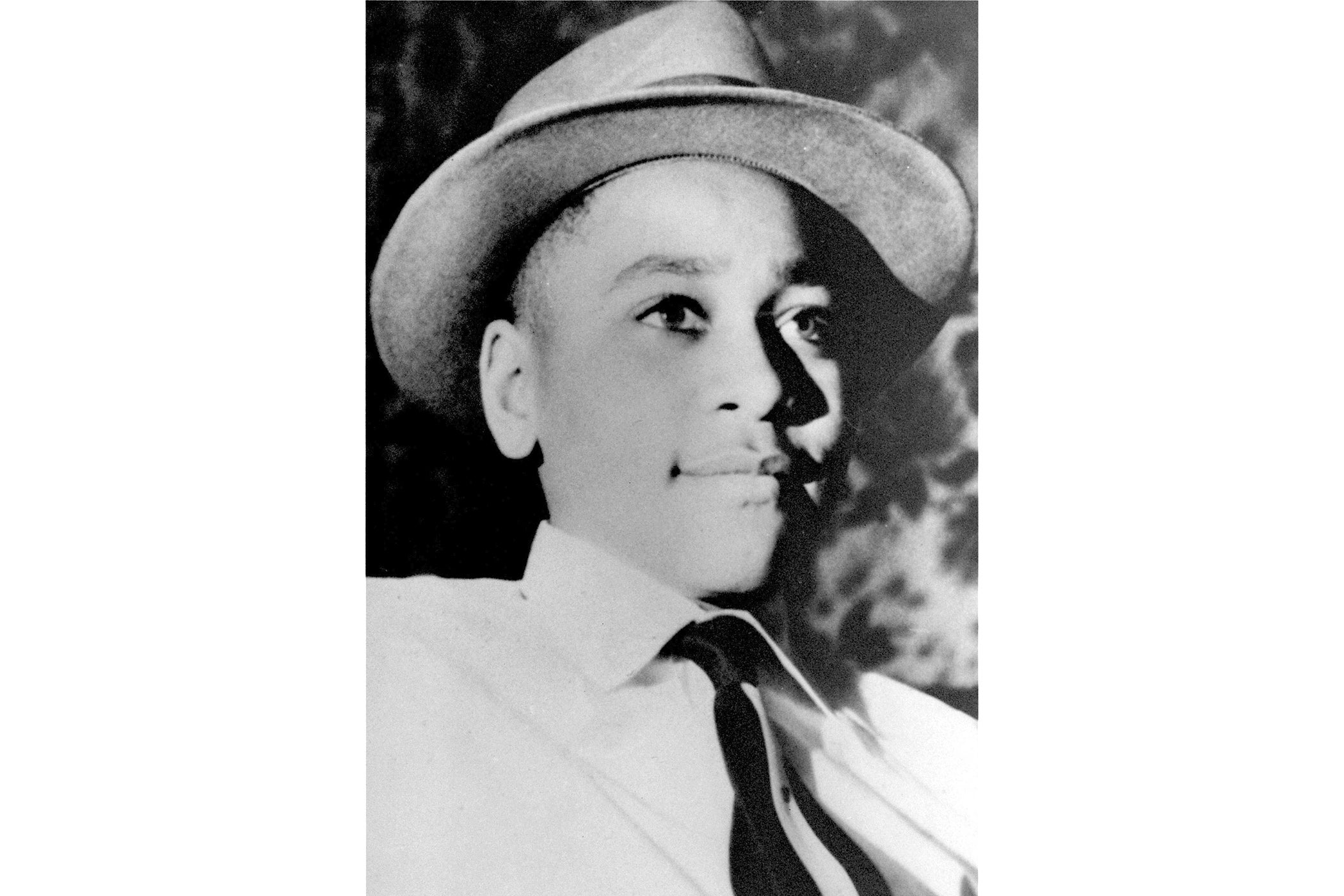Biden to establish national monument honoring Emmett Till and his mother
The monument to the murdered Black teen follows the President’s signing last year of the Emmett Till Anti-lynching Act

Your support helps us to tell the story
From reproductive rights to climate change to Big Tech, The Independent is on the ground when the story is developing. Whether it's investigating the financials of Elon Musk's pro-Trump PAC or producing our latest documentary, 'The A Word', which shines a light on the American women fighting for reproductive rights, we know how important it is to parse out the facts from the messaging.
At such a critical moment in US history, we need reporters on the ground. Your donation allows us to keep sending journalists to speak to both sides of the story.
The Independent is trusted by Americans across the entire political spectrum. And unlike many other quality news outlets, we choose not to lock Americans out of our reporting and analysis with paywalls. We believe quality journalism should be available to everyone, paid for by those who can afford it.
Your support makes all the difference.President Joe Biden this week will honor Emmett Till and his mother, Mamie Till-Mobley, by signing a proclamation to establish a national monument on the day that would have marked the 82nd birthday of the Black teenager murdered in 1955.
A White House official told The Associated Press that the monument will span three sites in Illinois, where Till grew up, and Mississippi, where he was killed.
The Chicago boy was just 14 when he was abducted, brutally tortured and killed after being accused of whistling at a white woman, Carolyn Bryant, in Money, Mississippi, where Till was visiting family. The husband of the woman, along with another man, kidnapped Till, beat and shot him before tossing the child’s body into the Tallahatchie River.
Mamie Till-Mobley insisted that her son’s mutilated body be shown in an open casket, images that galvanize dthe Civil Rights movement.
The teenager’s killers were acquitted of murder by an all-white jury after a trial in which Ms Bryant testified that Emmett grabbed and threatened her. Juries in later years twice declined to indict her, in 2007 and 2022. She died last year in Louisiana at the age of 88.
The monument sites will include Roberts Temple Church of God in Christ in Bronzeville, a historically Black neighborhood on Chicago’s South Side where thousands gathered to mourn Till in September 1955, AP reported.
The Mississippi locations are Graball Landing, believed to be where Till’s mutilated body was pulled from the Tallahatchie River, and the Tallahatchie County Second District Courthouse in Sumner, where Till’s killers were tried and acquitted.
Following her son’s murder and the verdict, Mamie Till – who would later marry Gene Mobley – became an outspoken civil rights advocate and worked as a teacher until retiring in 1983. She died in 2003, still firmly committed to telling her son’s story and achieving wider social justice.
President Biden signed into law the Emmett Till Antilynching Act last March, noting at the time that “no federal law expressly prohibited lynching” until that legislation.
Addressing the Till family, Mr Biden said: “We remain in awe of your courage to find purpose through your pain. To find purpose to through your pain. But the law is not just about the past, it’s about the present and our future as well.
“From the bullets in the back of Ahmaud Arbery to countless other acts of violence — countless victims known and unknown — the same racial hatred that drove the mob to hang a noose brought that mob carrying torches out of the fields of Charlottesville just a few years go.
“Racial hate isn’t an old problem; it’s a persistent problem. A persistent problem. And I know many of the civil rights leaders here know, and you heard me say it a hundred times: Hate never goes away; it only hides. It hides under the rocks. And given just a little bit of oxygen, it comes roaring back out, screaming. But what stops it is all of us, not a few. All of us have to stop it.”



Join our commenting forum
Join thought-provoking conversations, follow other Independent readers and see their replies
Comments